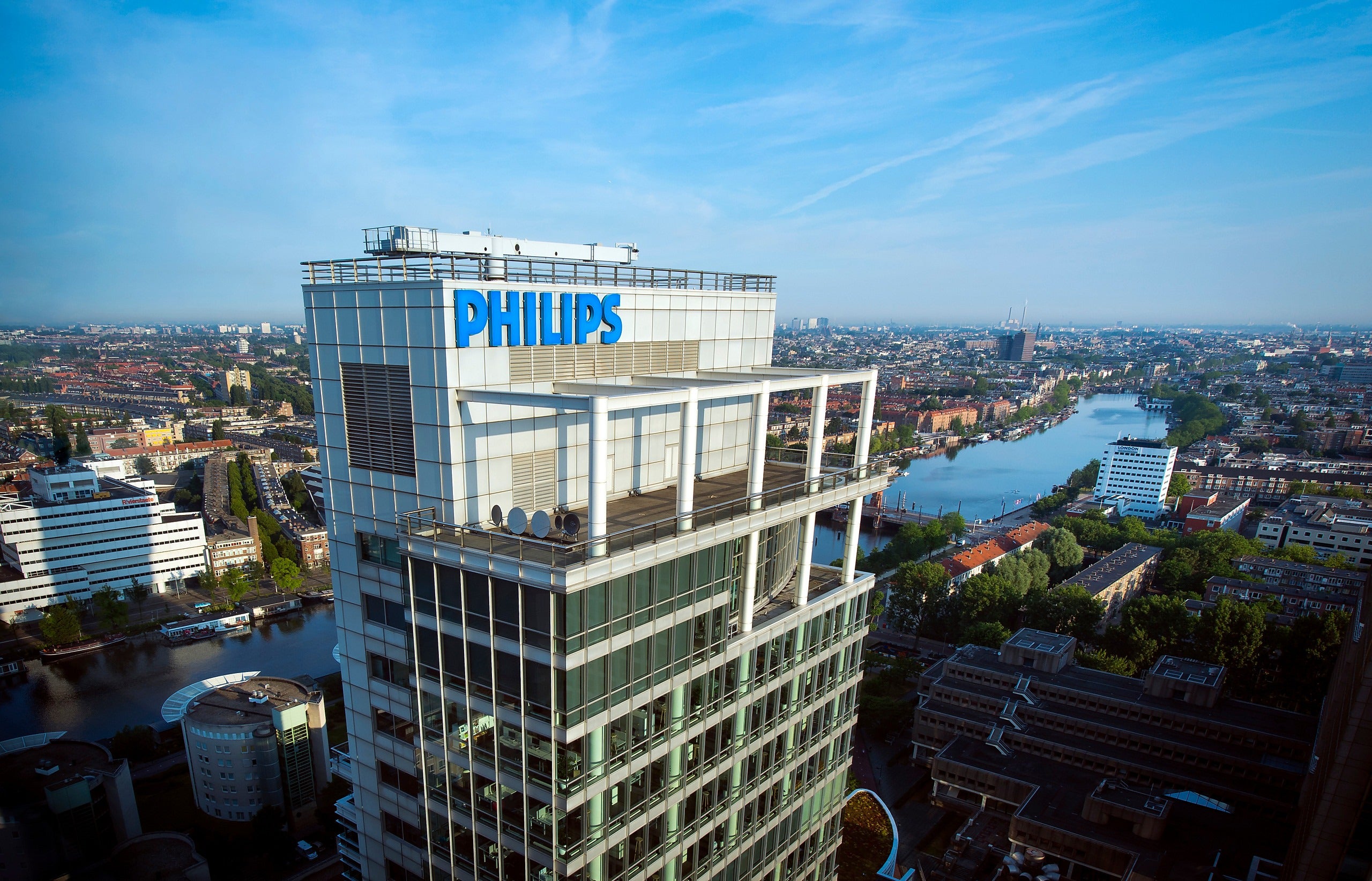
Phillips announced that the first patients have been enrolled into its WE-TRUST clinical trial, at Bicêtre Hospital in Paris, France, and Baptist Stroke and Cerebrovascular Center in Florida, US.
WE-TRUST is multi-centre randomised controlled clinical trial, designed to evaluate the Direct to Angio Suite (DTAS) approach for stroke treatment compared to MR/CT scan methods.
The recruitment of the first patients in France and the US represents the global expansion of the WE-TRUST trial, which is already running in several European and South American countries.
The clinical trial is already being conducted in Spain, Turkey, Germany, Brazil, the Netherlands, Argentina and France, said Philips.
Baptist Neurological Institute director, neurosurgeon Ricardo Hanel said: “By incorporating US patients into the WE-TRUST trial, we aim to help provide data and outcomes that will inform clinical workflows, that in turn (and more importantly), benefit patients across the globe.”
Bicêtre Hospital NEURI Brain Vascular Center interventional neuroradiologist and chairman Laurent Spelle said: “By using the direct-to-angio approach we were able to diagnose and treat this patient faster than conventional methods.
“Our goal is to find more effective and efficient ways to diagnose, treat, and manage stroke, ultimately enhancing the quality of life for patients.
“By joining WE-TRUST we can help build the clinical evidence for the Direct to Angio Suite (DTAS) workflow, a new treatment approach that has great potential to improve patient outcomes.”
The first patient treated in France had a severe stroke and arrived directly at the hospital, going where Dr Vanessa Chalumeau started the procedure to remove the blood clot in the brain.
According to Philips, every 30 minutes of delay of stoke treatment reduces the chance of a favourable outcome by 14%, and every hour ages the brain by 3.6 years than a brain.
The WE-TRUST clinical trial investigates the clinical impact of the DTAS approach, which combines stroke diagnosis and treatment in a single angio suite session.
DTAS is enabled by a cone-beam CT (CBCT) imaging tool that is already integrated into interventional angio suite systems, such as Philips Image Guided Therapy System Azurion.
The approach would potentially reduce the time to treatment for early time-window stroke patients, less than six hours after stroke onset.
According to a recently published health economics analysis, Philips’ direct-to-angio treatment pathway for stroke can save more than $3,000 per patient.
Philips Image Guided Therapy chief medical officer, interventional radiologist Atul Gupta said: “At Philips, we believe that implementing a Direct to Angio Suite workflow, where suspected stroke patients undergo diagnosis and treatment in a single room, holds the promise of saving critical minutes and preserving invaluable brain function.
“While the outcomes of numerous single-centre studies have already validated this belief, it is essential to conduct a multicentre clinical trial of the magnitude and scope of WE-TRUST to ascertain the DTAS approach as a benchmark in stroke care.”






